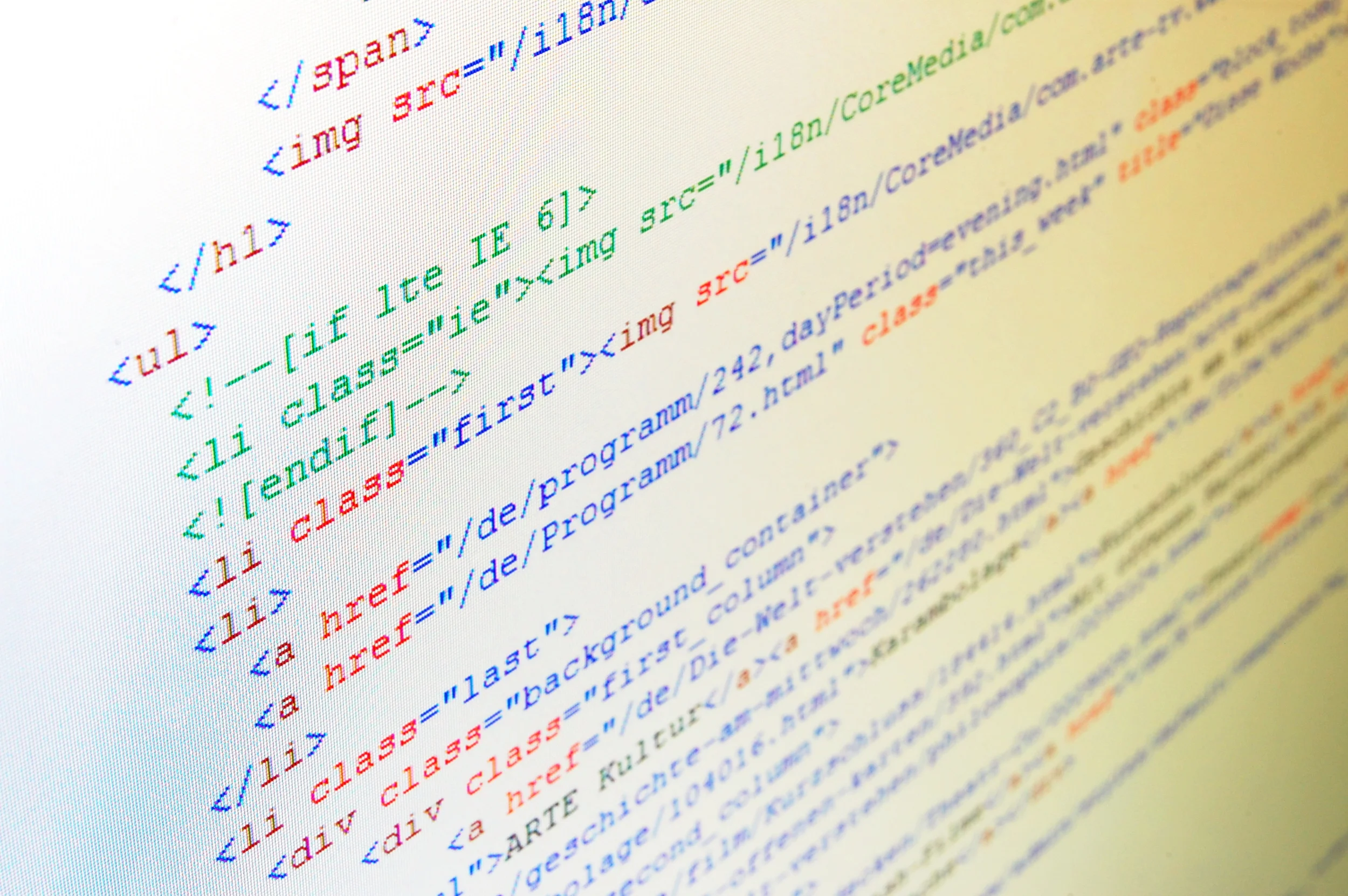As a therapist I recognized these as normal stress reactions. I was not at the Regional Center, and I don't know any of the dead or wounded. But this happened in my community and it hit me hard.
Each person reacts to terrible things in her or his own way, and everyone has a different threshold for what constitutes a traumatic event. Some will shake their heads and go on with their day, others will go to a vigil, hug their kids, look at the sunset, or have a stiff drink. Others may react as I did, but think, "I wasn't there. Why am I feeling so bad?" or worse yet, "I shouldn't be feeling so bad." But the fact remains that they are feeling bad. In the wake of a public trauma, it's important to be honest with ourselves about how we are doing. Here are some common reactions:
Depression
Anger
Crying
Emotional numbness
Insomnia or sleeping more than usual
Nightmares
Loss of appetite
Being easily startled
Feeling fearful for no reason
Hypervigilance
For most people, these feelings will soon fade on their own and life will go on. Self care practices such as exercise, time spent with family and friends, meditation, prayer, volunteer work, reading, hobbies, and focusing on the here and now can all help. However, if symptoms persist for more than a few weeks and interfere with your daily life, then it's time to see a therapist to discuss your level of anxiety and/or depression. It's ok to need a little extra help, and talking with a therapist can be very reassuring.
In short, even if you are not directly involved in terrible events, you can still be affected by them. It's part of being human.







